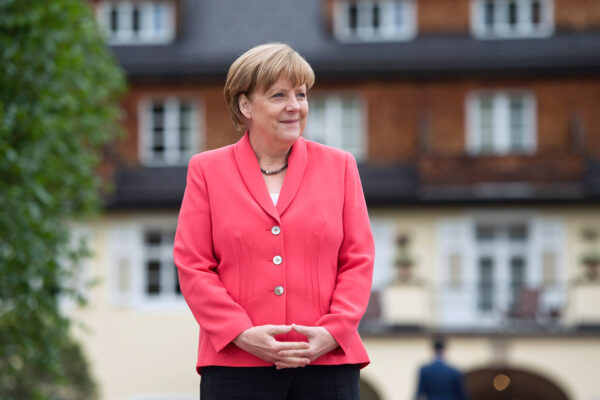
Germany’s vote for marriage equality is a perfect example of how Angela Merkel has been able to stay in power for twelve years.
Parliament unexpectedly voted to legalize gay marriage on Friday after Merkel announced a free vote. A quarter of her own Christian Democrats joined the left in supporting marriage equality.
Jeremy Cliffe argues in The Economist that Merkel’s shift reveals the secrets of her success:
- Neutralize issues that galvanize the opposition: The demand for marriage equality could have motivated social liberals to turn out in September’s election to vote for Merkel’s opponents.
- Don’t be outflanked on the right: Merkel’s pro-refugee stance caused reactionaries to defect. By giving a free vote on gay marriage but not endorsing it, Merkel avoids giving social conservatives another stick to beat her with.
- Triangulate: “Pick almost any debate in Germany today — eurozone integration, defense spending, tax cuts versus spending increases — and you will find Mrs Merkel almost exactly halfway between the two poles of the debate.”
- Move fast when events demand it: “She did so in 2011, when the Fukushima disaster prompted her to close down all of Germany’s nuclear plants; and in 2015, when she decided to keep the country’s borders open to refugees.”
Pros and cons
Merkel’s supporters argue this proves she is sensitive to the changing attitudes of her electorate. “She constantly calibrates and recalibrates, in a way that voters expect of their politicians.”
To detractors, she runs Germany like a focus group, trying out new policies and positions as frequently and casually as a grocer tests new products on his shelves.
Cliffe shares some of this criticism. A leader as powerful as Merkel — her approval rating is 64 percent — could surely have done more to secure such a fundamental right as the one to marry?
To lead is not just to hedge for years, then move once your electorate has done so organically. It is also to shape opinion, edit the rules of the game one is playing and make change happen.
Unfair
I agree, but I think the criticism is unfair in this case. As Cliffe himself points out, Merkel is a Christian Democrat, not a liberal. Her opposition to marriage equality, while clearly not intractable, is sincere.
And she has moved the needle on other issues. Merkel’s decision in 2015 to allow in more than one million asylum seekers shocked conservatives. It is hard to argue she didn’t take a political risk at the time to do what she felt was right.
